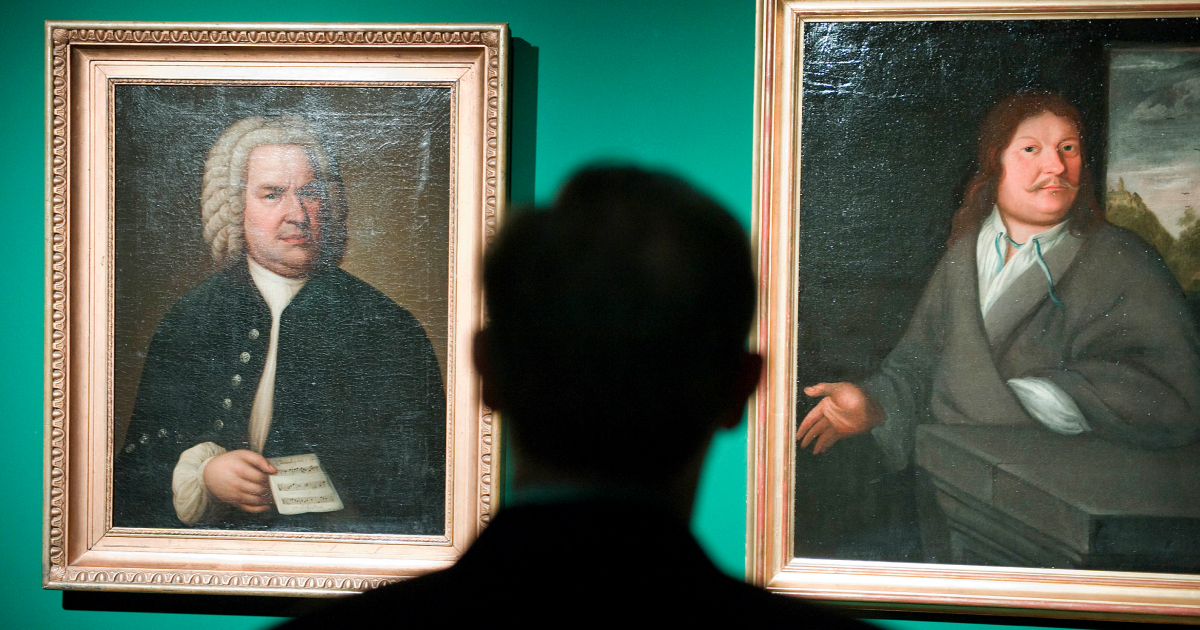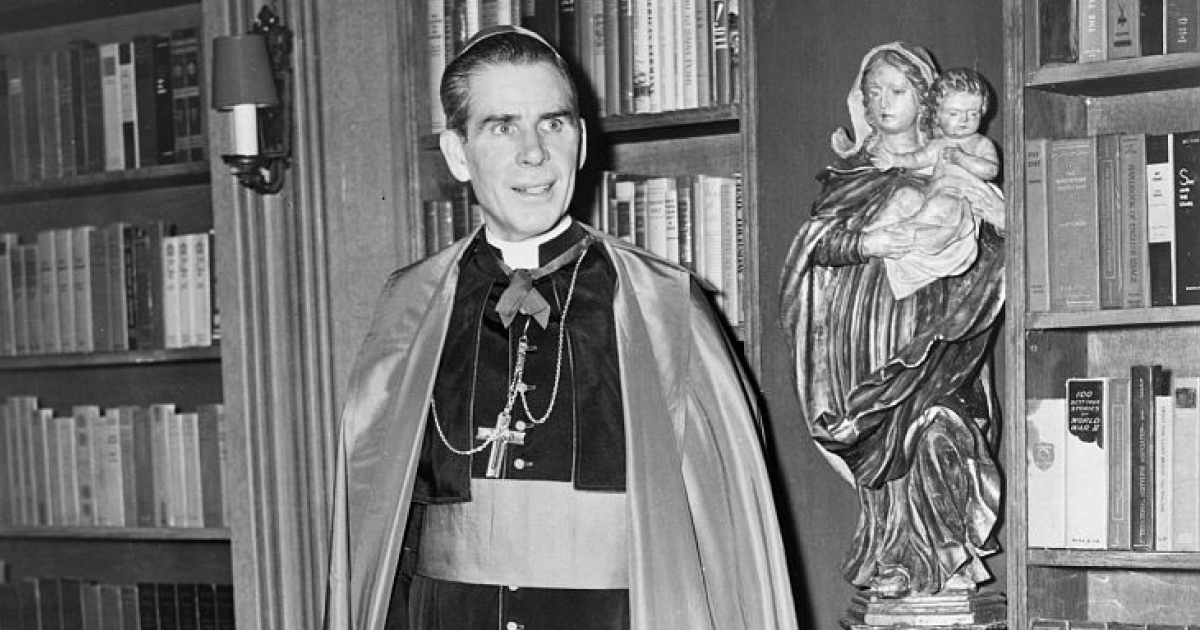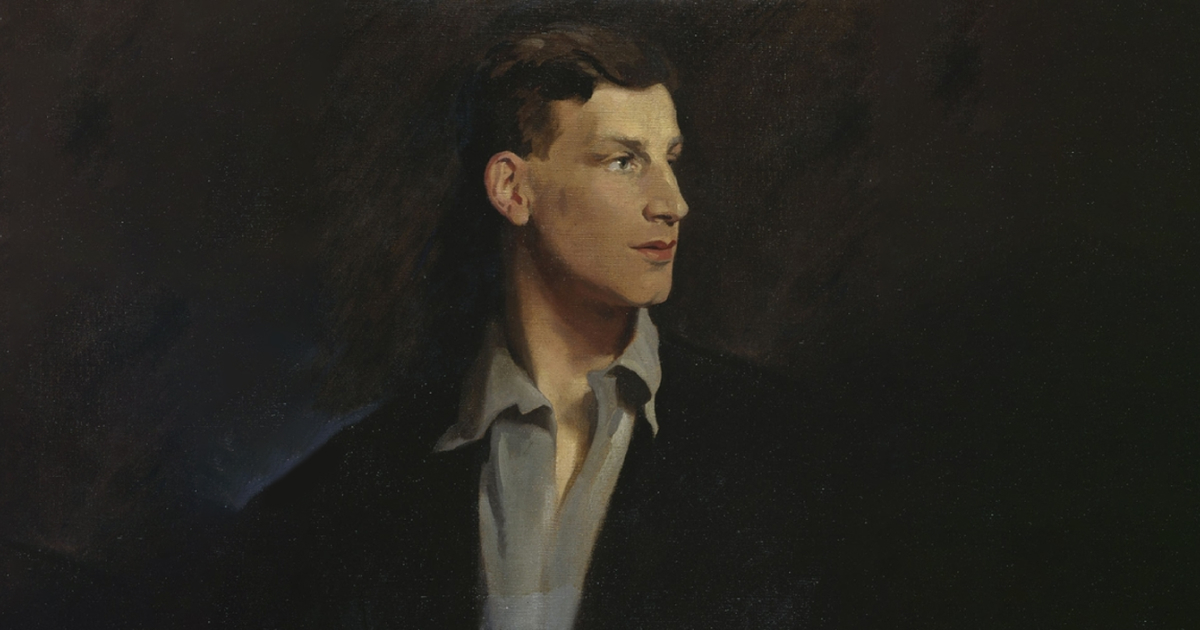“I have always regarded it as part of my mission in life to follow around after Billy Graham and undo some of the work he has done.”
Tom Lehrer, who died on 26 July at the age of 97, spent less than half of his life as an active writer and performer of humorous songs. Many were satirical and some just plain funny, but all cast a wary eye on their subjects: real-life figures, institutions, and imagined characters from an era that seems more than just half a century ago. Each of Lehrer’s targets – mathematics, science, the Church, the armed forces, or the scouts – had at that stage a universality that made them accessible to the general public and especially enjoyable to those in the know. This ensured their longevity far beyond the performing career of their creator.
Born in New York on 9 April 1928, the young Lehrer took to the piano at the age of eight. Clearly a child of more than average ability, only ten years later he earned his bachelor’s degree in mathematics from Harvard, staying on to take a master’s degree the following year. Despite his parents’ hopes that he would concentrate on classical music, his interests broadened naturally to include musical theatre. As a child he met Stephen Sondheim at a summer camp, with whom he shared a gift for putting the world into witty rhyme schemes.
While at Harvard Lehrer wrote songs, performing them among his friends. Following his near-completion of a doctorate he became a lecturer and later worked in atomic energy, finding material for future songs along the way. On paper he sounds rather serious, what Americans might call a “Poindexter” – an overly intellectual, socially awkward type – but he used his geekiness to good effect, both in looks and style. His delivery was knowing without being condescending, letting the audience in on the joke even if the subject was abstruse – although the collective experience of his audiences could be relied upon to a greater degree than might be the case today.
Lehrer’s songs displayed his inheritance of the deep musical and comedic cultural heritage of his Judaism (which he later left behind) in his timing, outlook, and richly ironic streak. He once observed how many secular American Christmas songs had been written by Jewish songwriters, and how few had written songs about their own holidays – and produced the jaunty Hanukkah in Santa Monica, an unserious number but one that stood as a corrective to the likes of White Christmas and Winter Wonderland.
His musical and comedic talents were superbly complemented by his attention to wordplay and the mathematical precision of his tunes, which set up rhyme schemes predictably without ever robbing the punchlines of their power. His often-cynical eye roved across many sections of society, not least institutions with ostensibly noble intentions. The resulting lampoons were gentle enough, but full of truths – however uncomfortable.
Lehrer’s writing and performing career arose during a time when people’s preoccupations and interests were evolving from a common experience. He responded brilliantly and sharply: the American Dream was starting to fragment and the ongoing wars in which the USA was involved inspired Send the Marines. The transition from WWII to the Cold War and the very real possibility of a sequel produced the pointed Wernher von Braun; the spectre of nuclear annihilation suggested We Will All Go Together When We Go.
While today musical satire occasionally punctuates radio and TV, it does not enjoy the billing it once did. Lehrer’s more abstract songs – such as The Masochism Tango, I Got It From Agnes, and The Old Dope Peddler – hark back to a world where music was a regular medium for wry social observation.
The shared experiences of nations with fewer TV channels and radio stations gave people the same things to laugh at. Just as pop music, classic cars, and the fashions of that era have endured, so too have the songs of Tom Lehrer – even though many of their subjects have since faded from memory. Lehrer articulated the standpoint of the common man (albeit one with a prodigious intellect), and the quality of the writing was twofold.
Not only was his music clever and witty, often borrowing popular musical styles or pastiche, but it also carried a deep knowledge that revealed a love of words and learning. His famous tongue-twisting reinvention of Gilbert and Sullivan’s A Modern Major-General as the world’s most difficult-to-remember mnemonic on the periodic table was brilliant, evoking a time when intelligence and experience were prized differently from today.
When Lehrer finally gave up most of his writing and performing, he returned to his first love: mathematics. Even that subject came under the musical microscope, and it is clear that his delight in presenting it to audiences was the same as when poking fun at genteel attitudes to sex, college education, or religious practices. His fondness for absurdities blunted any sting in his satire: while the comments were sharp and well-aimed, there was never a sense of spite.
Famously remarking that “political satire became obsolete when Henry Kissinger was awarded the Nobel Peace Prize”, Lehrer found that the general tone of world events made being funny about them too difficult. He left satire behind in the 1960s, majoring instead on mathematics, without regret. He neither needed nor sought celebrity of the kind that emerged later, content to be well-known worldwide without being widely recognised in person.
The world could well use someone of Tom Lehrer’s brilliance now: to charm, to confront light and dark alike, to amuse and provoke – for beneath his nonchalant lyrics lay deeper truths. At the end of his performing career he moved on, but his work remained ever-present. Though not a recluse, his rare public appearances and advancing years led to repeated premature reports of his death.
When he finally died, just a few years short of his centenary, his reputation was still surrounded by the work of four or five decades earlier – never ageing, even as its subjects disappeared (with the exception of Henry Kissinger, who died aged 100 in 2023). At the end of his life Lehrer’s legacy seemed even more valuable: many of the issues he wrote about had simply re-emerged with new actors on the global stage. Even if the songs that still capture the public’s heart are the more overtly amusing ones, the joyous beams of Poisoning Pigeons in the Park or The Hunting Song remain as necessary as ever – not to mention his biting take on the liturgical reforms of the 1960s, The Vatican Rag.





.png)





.jpg)





